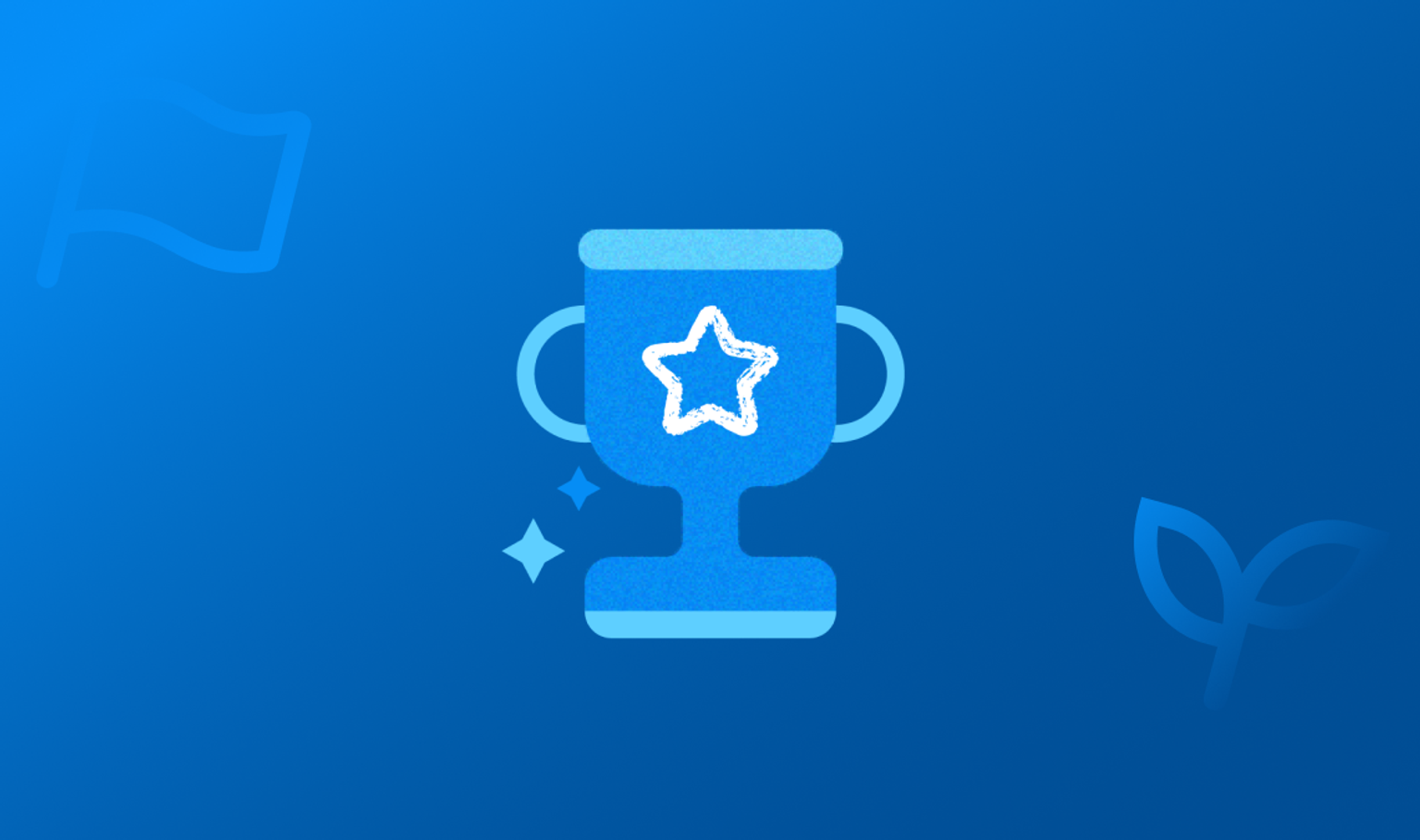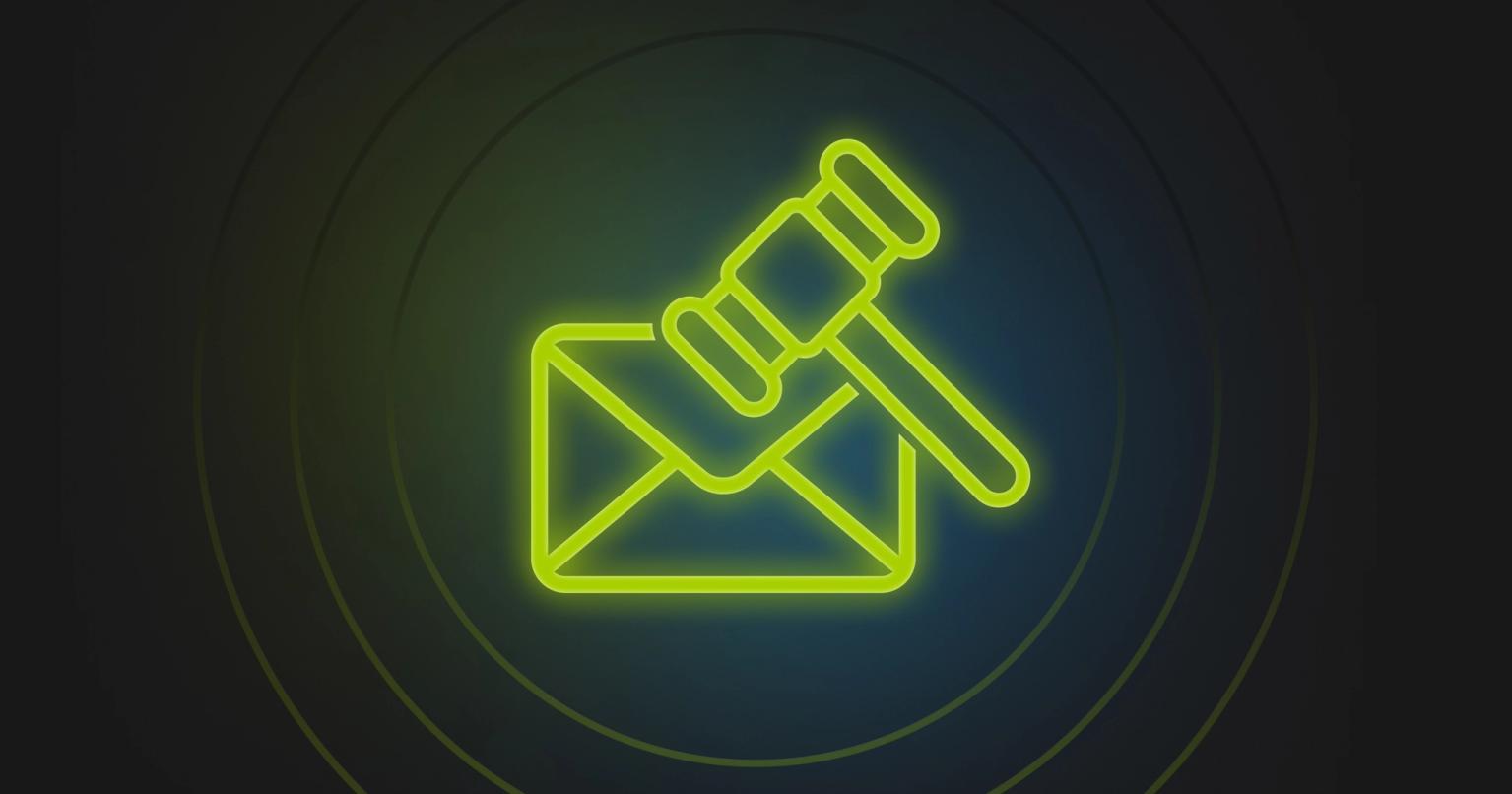14 things I’ve learned about success (so far!)

I recently received an accolade that I’m very proud of.
Every year, in my hometown of Ottawa, the Ottawa Business Journal and the Ottawa Board of Trade join forces to present the Forty under 40 awards, recognizing the accomplishments of young entrepreneurs in the city.
The annual competition attracts hundreds of applicants from a wide range of industries — and this year, I was one of the 40!
To me, 40 is a landmark age. It represents an entry into productive maturity, where one’s experience begins to pay off. As I approach this milestone, I realize that I can now look back and reflect on the things I’ve done and the attitudes that put me on the path to this award.
Here are some of the things I uncovered.
1. Find your passion
When I started university, I was initially more interested in socializing than studying. I just didn’t engage with the coursework.
That changed when I took my first course in marketing. Something clicked, and I discovered that I wanted to learn all I could about this space.I had found my passion — a critical step in figuring out what I wanted to do with my life.
That’s often what I encourage others to do: take the time to find your passion, and build a career from there.
2. Learn to figure things out on your own
My first job fed my passion. I was hired to do marketing for a small IT services company.
Because it was a small firm, and because no one else there knew anything about marketing, I was often left to figure things out for myself. With no one to teach or guide me, I would just try a lot of different things.
That freedom was tremendously instructive. I learned to figure out what worked and how to analyze why certain things didn’t. In fact, the whole experience planted a seed: I became focused on wanting to figure out how to make marketing more effective.
It was at that job where I came across email marketing. As I started to look at what successful marketing looked like, I realized very quickly that email marketing provided a lot of data that could be analyzed. You could see almost immediately whether something was working or not. That blast of data was addictive!
3. And learn from others where you can
Soon after, I joined Cognos, a business intelligence company that was acquired by IBM. Not only were they all about data, but they had one of the best marketing teams in the world. I found myself surrounded by people who were super smart, and I was determined to learn as much as I could from them.
My colleagues were all great resources, but I also learned a lot from my first mentor, Scott Thorburn, who also happened to be my manager. Later, I would have other mentors: Drew Williams, Sandra Catana, Mark Emond and Alex Rink. Each was important for me in my career.
Where my first employer had been tiny, Cognos/IBM was huge.
That contrast made for complementary learnings. With small companies, you can be hands-on and touch on a lot of different areas. With large enterprise companies, you learn how a big firm works. Having both kinds of experience was very valuable to me.
4. Get a range of experience
Career success is as much about attitude as anything else. It’s about wanting to figure out what works. It’s about not being afraid to try new things. It’s about not being afraid of failure. And it’s about being willing to take a few chances.
I think it helps if you move around and work for different people. You won’t learn as much if you stay with one company and keep solving similar problems. Having a wider range of experience (including working for yourself) enhances your problem-solving skills. In my case, I added a whole new dimension to my knowledge set by going into consulting.
5. Know your strengths, Part I
I work best when I am under pressure. I’ve always been that way; even in university, I wouldn’t study for exams until the day before, knowing that the burst of adrenaline would help me retain knowledge.
Knowing that about myself made being an entrepreneur a good fit. There are problems and pressure every day, and if you don’t find a way of dealing with your challenges, you don’t make money.
Because I like learning and figuring things out for myself, I quickly realized that being an entrepreneur allowed me to learn about every aspect of my business, from sales to human resources to finance. In my opinion, there’s no better way to learn about business than by becoming an entrepreneur.
6. Know your strengths, Part II
There’s a big difference between selling a product and selling a service.
When you are selling a service, you are in many ways customizing your service to each client. The customer remains the primary focus, and customer satisfaction the main measure of success. But when you sell a product, you can (without neglecting the customer) put a lot of thought and effort into improving the product.
The idea of improving something every day is appealing to me; knowing that, I was drawn to building a product-based company.
I will add that running a product-based company has also taught me new skills. That’s because problem-solving in a product-based company is very different from problem-solving in a service-based company.
7. Consciously develop skills you lack
A lot of learning happens organically as you gain experience. But sometimes, you may find you need extra help with specific skills. Don’t hesitate to take a course or hire someone to teach you.
For example, as Knak grows, my role is changing, and I am having to become more of a leader. Working with an executive coach and a peer group has been extremely useful to me in helping develop my leadership capacities.
8. Be attentive to your personal life
It’s critically important that you maintain a life and an identity outside work. Keeping your outside interests and your sense of non-work identity will help you be a better entrepreneur.
In family life, be conscious of boundaries and expectations.
My wife has always been ‘above and beyond’ in her support of my ambitions. But before we had children, we had a serious talk about how becoming parents would mesh with my entrepreneurial ambitions.
The actual decisions a couple makes about how to divide up child care are less important than being conscious about making decisions both partners are happy with. Expectations have to be clear from the beginning. We made sure our expectations around parenting were clearly defined from the get-go.
9. Build and maintain a network
As Jill Rowley of Stage 2 Capital said on a recent Unsubscribed! podcast, “your network is your net worth.”
I couldn’t agree more.
I believe it’s important to surround yourself with positive people who are aligned with what you are trying to accomplish. They should have passion, skills, and intelligence — and they should also be fun to spend time with. After all, work takes up 40 hours a week; you have to enjoy your time at work, and working with people you enjoy being with makes a big difference. Do not neglect the fun element of your job!
10. Learn to separate business and emotion
This is a tough one, but it’s a hard-nosed essential of running a business. You have to learn to handle the real human emotions that crop up when you have decisions to make.
For example, you might have to let an employee go — someone who is a good person, someone who tries hard, but who, despite it all, is not a good fit.
This is one of the hardest things I have had to learn as a leader. It’s about learning to do what’s best for the business. A lot of the time, that means having hard conversations with people.
I learned the value of those hard conversations by seeing what happened when I put them off. Here’s where failure taught me a much-needed lesson about the repercussions of not dealing with difficult issues head-on. It wasn’t worth losing sleep over something just because it made me uncomfortable. Better just to get it over with.
11. Build up your confidence
There were times when I began work as a consultant that I felt like an imposter. I would be called in to consult with these huge companies, and I would think, ‘What do I know? What am I going to teach these big companies?’
The fact is, I do know things. I just had to learn to be confident about it.
I found my confidence grew out of the discomfort I felt when I arrived at a consulting job. With each successful contract, I felt better about myself, and the discomfort faded away.
12. Learn to recognize an opportunity
Some people looking back at my career to date might say that I was often in the right place at the right time. For example, I was in marketing when marketing automation took off.
The fact is, luck isn’t the only factor in the equation. You have to recognize opportunities when they come along and consciously seize them.
I had seen what marketing automation did at IBM. I jumped at the chance to bring that to start-ups; in fact, I made it my whole job.
13. Recognize that you are the master of your destiny
In the final analysis, all the skills and knowledge you have, all the people you know, and all the opportunities that present themselves to you are worth only what you make of them. You are the master of your own destiny. No one is going to found that start-up for you; you have to do it yourself.
14. Don’t be afraid to promote yourself
This bit of wisdom is aimed especially at Canadians, who tend to hold back too much. Toot your own horn when you need to, talk about your accomplishments, and put yourself up for awards. And when you do reach a milestone or achieve something of note, celebrate it — and have fun doing so.
As I look back on all the things I’ve learned as I launched my career, I am reminded that much more is still to come.
While I’m certainly a way better leader now than when I started, I know I have a long way to go.
I guess leadership is like golf: You never really master it. You just keep trying, learning and (hopefully) improving.
I’m looking forward to the next round.

Author
Co-founder & CEO, Knak
Pierce is a career marketer who has lived in the marketing trenches at companies like IBM, SAP, NVIDIA, and Marketo. He launched Knak in 2015 as a platform designed to help Marketers simplify email creation. He is also the founder of Revenue Pulse, a marketing operations consultancy.











